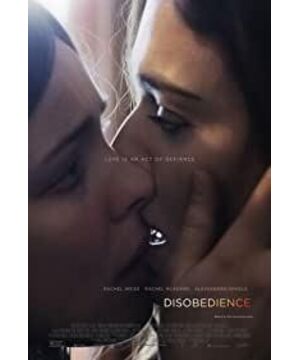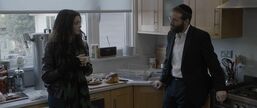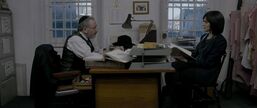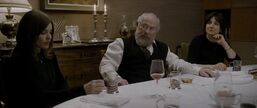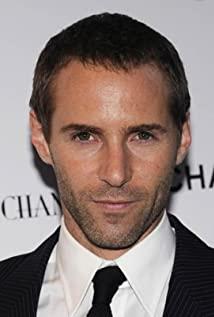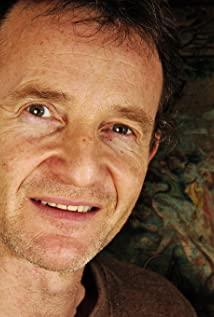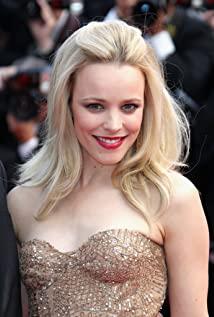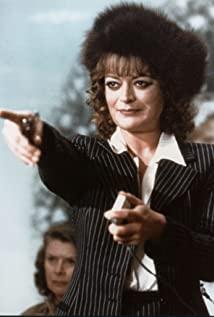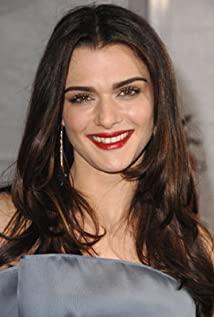The second brush only watched the clips of the two goddesses this time. Ronite's cynicism, rebelliousness and evasion, Estee's forbearance, depression and bravery, are perfectly performed by the two goddesses. Ronite, a well-known photographer in New York, returned to his hometown, a pure Jewish community, after a long absence because of the news of his father's death. She was kicked out of the community many years ago for being gay. After returning to her hometown, she met her ex-girlfriend Estee again. The latter is already married, and a local church heir, David, happens to be Ronette's cousin. From the moment Ronette and Estee met, Estee's heart began to be disturbed, either avoiding or paying attention. In short, her mood always followed Ronitt. Ronite takes Estee back to her former home. There, Estee could no longer suppress her feelings for Ronite, and she took the initiative to kiss Ronite. It was she who called Ronite at the New York synagogue to tell her father's death, and she wanted to see Ronite. When Ronette asked her if she should leave, Estee lay on her shoulders and cried, "I don't want you to leave." The two came together under the tree where they once kissed and kissed again. On the way home, Estee said that after Ronet left, she had a mental illness. Others thought that letting her marry a man as soon as possible would cure her "illness". Ronet's father thought that since he was going to marry, It's better to marry a good person you know well. So she married David, Ronet's father's favorite student. But Estee still only likes girls. The two went from dawn to dusk, and when they were kissing again, they were bumped into by their neighbors. Aware of the strangeness, the two took the subway to another block, a free place where they could hold hands and kiss freely in the alley, and finally released their pent-up passion in the hotel. Here's a quote that particularly moved me, Esty said: "I imagine your life in New York, imagine your house, and I keep the jet lag in mind so I can know when you're awake and asleep." Luo Nate took pictures of Estee, who was so natural, relaxed and happy in the camera, without the wig that Jewish women must wear, and with a cigarette in her mouth. She's only who she is when she's with Ronette. Like when her husband told her neighbors she was with Ronette when he questioned her: "I want her back. I want this to happen. When we were little girls, from then on That's it, until now. I've always wanted this." Estee found out she was pregnant at this time, she wanted freedom, and she wanted her child to live in a place where she could have the freedom of choice. Ronette tries to escape back to New York again, Ace asks her Is it not the easiest way to leave. What is more incomprehensible is that David quickly let go, and the three even embraced together. Is this to show the tolerance and generosity of religious people? David gives Estee the freedom she wants, but she doesn't accept Ronette's suggestion to go to New York with her. In the final scene, Estee catches up with the taxi that Ronette is leaving, and the two kiss in the car. Estee still deeply loves Ronette. The only thing that leaves us with infinite possibilities is that Ronite said to Estee, I love you, can you tell me where you will live in the future? Estee agreed. So, maybe, the two will meet again in the future or even be together forever. Marrying a man is Estee's disobedience. What about Ronite? Maybe she was destined to leave her hometown, and it was her disobedience to stay.
View more about Disobedience reviews


